Meet the SG[Germany] 2023 Team!
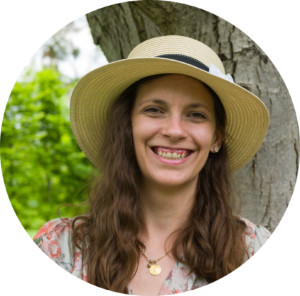
Katrin Dietmayer
Event Manager
Katrin Dietmayer received her M.Sc. degree in mathematics from the Ostbayerische Technische Hochschule Regensburg, Germany, in 2016. She joined the Fraunhofer Institute for Integrated Circuits IIS in 2017, since December 2021 as a Senior Engineer, where her main research is in the field of high precise GNSS receiver software development for embedded systems.
Katrin is part of SGAC since 2020 and joined the SGAC Alumni Team 2021. Since early 2022, she is one of the Alumni Team Co-Leads.
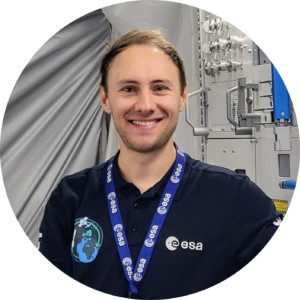
Daniel Wischert
Deputy Manager
Daniel Wischert works as a space system engineer for the European Space Agency (ESA) where he is responsible for performing feasibility assessment and conceptual designs of future space missions and new spacecraft concepts for all ESA programmes.
Daniel has been involved in SGAC since 2017 and over the years has held various positions within the organization. Since 2020 he co-leads SGAC’s Small Satellites Project Group (SSPG). Daniel is the Deputy Event Manager for SG[Germany].
Organizing Team
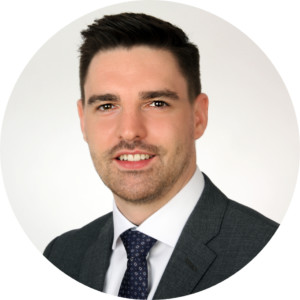
Stephan Speidel
Stephan Speidel graduated as an aerospace engineer from Stuttgart University with majors in space utilization and spacecraft design in 2018. Through his career he has gained experiences in automotive industry with Porsche via Bertrandt Group and Mercedes-Benz, in aviation with Premium AEROTEC GmbH, and in the space sector with DLR/ESA. In his current role at HE-Space Operations, he supports the technology transfer and patent management on behalf of ESA, where he is responsible for technology spin-off and commercialisation strategies in his projects. A dedicated focus of the commercialisation projects regards the utilization of Life-Support Technologies, such as recovery of waste, water, and cultivation of food. Furthermore, he has contributed to multiple patent landscaping studies for ESA in recent years, spanning from general space technologies to quantum technologies and remote sensing.
For SGAC, Stephan is active since 2019, where he first participated to the European Space Generation Workshop in London.
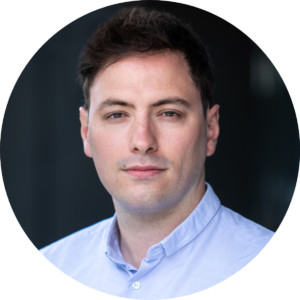
Marcelo Boldt
Marcelo Boldt is working as Project Manager at Blackwave GmbH – a New Space startup focused on designing and manufacturing lightweight solutions in carbon reinforced plastics for the space industry. Previously, he worked as a structural engineer at DLR (German Aerospace Center) in Bremen designing and analyzing a hydrogen tank for the flight demonstrator CALLISTO (Tri-national project between Germany, France, and Japan).
He holds a Masters degree in Space Engineering from University of Bremen. Besides his job, Marcelo is acting as a co-lead of the upcoming Pre-Accelerator Project at the Commercial Space Project Group where he is in charge of delivering a program specifically designed for New Space startups coming from emerging countries. In addition to that, he consults new space startups in the field of space debris and mitigation.
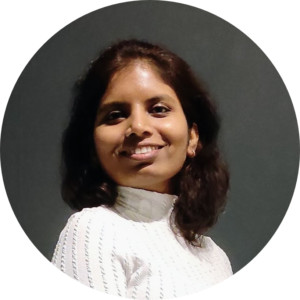
Bhavyashree Janardhana
Bhavyashree Janardhana, a graduate student at TU Berlin, is currently pursuing her Masters in Space Engineering and is working on her Master’s thesis at Polaris Raumflugzeuge. Her area of research focuses on the development of hypersonic space planes and designing a propellant supply system for these spaceplanes. With a background in Aeronautical Engineering from India, Bhavyashree has previously worked as a research associate at several Indian research institutes, focusing her research on space structures and aerodynamics.
Bhavyashree has also been an active member of the SGAC Alumni team since September 2020 and has contributed significantly to the team’s success by utilizing her excellent organizational and communication skills. In her role as a main event organizer for some of the team’s events, Bhavyashree has demonstrated her ability to coordinate and communicate effectively to ensure their smooth execution.
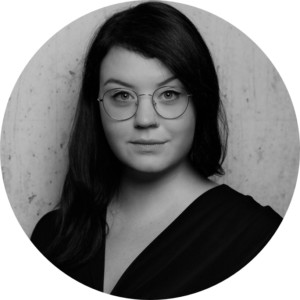
Sanja Bandau
Sanja Bandau completed her master’s degree in innovation science at Utrecht University in 2021.
Her master’s thesis was awarded as the best thesis of the program and focused on emerging institutions in the global space sector. After her studies, she started her career at the European Space Agency as a Young Graduate Trainee for Innovation and Competitiveness in the Navigation Directorate. In her current position, she supports business development and program coordination with a focus on market analysis and a particular interest in commercializing technologies that help accelerate sustainable development.
For SGAC, Sanja has been active in the SG Germany event since 2022.
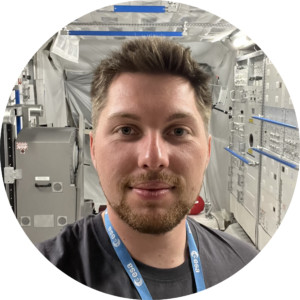
Julian Fischer
Julian is a newspace enthusiast and engineer currently working on future launcher technologies at ESA in Paris.
He is a graduate from TU Darmstadt, the International Space University SSP18 and holds a master in space system engineering from University of Bremen. Julian wrote his thesis at DLR Bremen about the interaction of satellite and launch vehicle design with respect to decreasing launch costs. As a newspace young professional and good networker he values exchanges at conferences and in associations. He got to know SGAC through friends and he went to his first event the ESGW2019 in London.
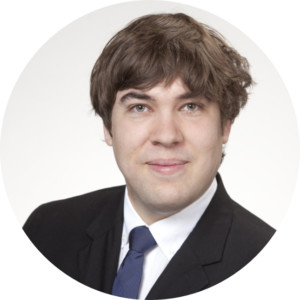
Ian Luca Benecken
Ian Luca Benecken is an aerospace engineering student at the FH Aachen University of Applied Sciences. He is in his final year of his bachelor’s degree and just finished a three months internship at the Belgian User Support and Operations Centre in Brussels, Belgium an ISS payload operations centre. There he supported ISS operators running experiments on the ISS such as the Atmosphere-Space Interactions Monitor (ASIM).
Currently he is writing his Bachelor thesis at the Columbus Control Center in Oberpfaffenhofen, Germany. He is very passionate about human spaceflight operations and shares his passion in his space time on twitter. He joined SGAC in 2017 and was part of the organizing team of SGC 2018 in Bremen. In Cologne he organizes regular SGAC (and alumni) social meetups and is active in the Yuri’s Night Association.
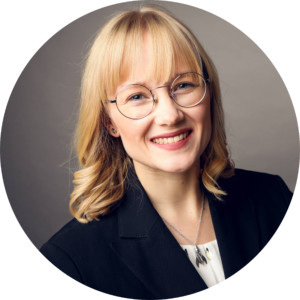
Maria Grulich
Maria Grulich is working at the German Aerospace Center (DLR) in Cologne, Germany as an ISS payload operations engineer for the BIOLAB rack, inside the European Columbus module, and MSL, an ESA payload inside a NASA rack of the Destiny module (U.S. lab).
Besides her job, Maria has been acting as one of the scholarships co-leads from February 2018 to June 2022. Currently she is part of the SG[Germany]2023 organizing team.
In addition, Maria recently became the local group leader of Women in Aerospace Cologne group. Maria participated also in two analoge missions at the Mars Desert Research Station and she participated and completed two events of the International Space University: ISP 2020 and SSP2021.
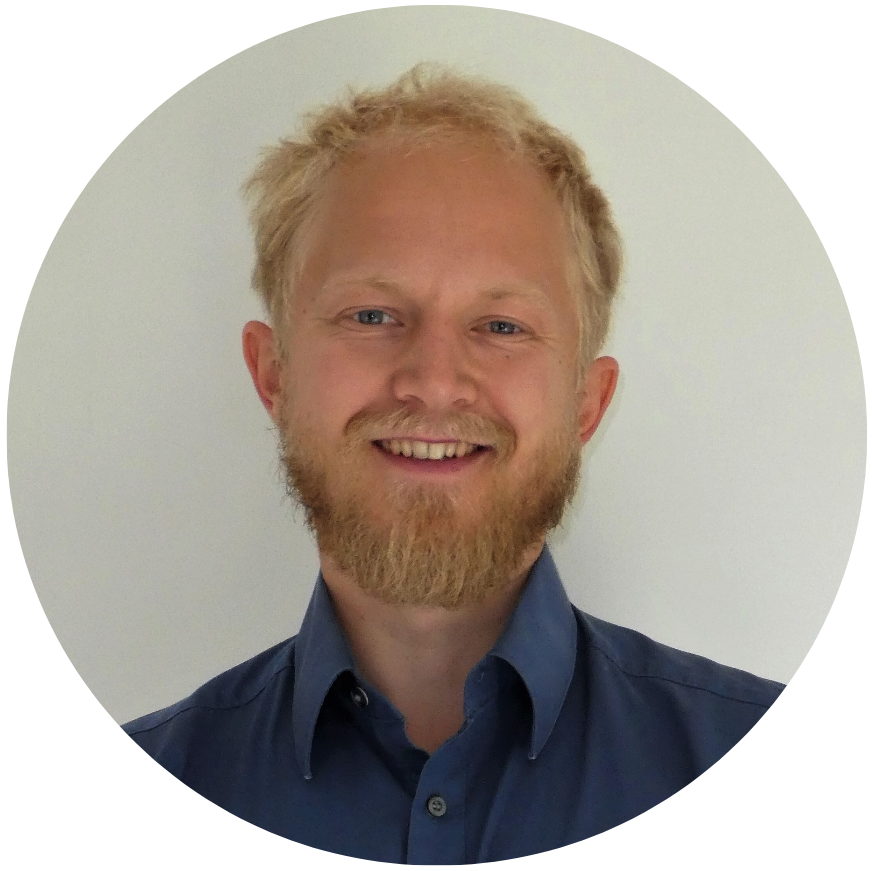
Stefan Zeller
Stefan Zeller is a Senior Space Systems Engineer at Planet, where he is part of the satellite operations team that manages the largest Earth Observation fleet in the world. Stefan received a BSc and a MSc in Aerospace Engineering from the Technical University of Munich and also studied at the Universidad de Antioquia, Medellín. He wrote his Master’s Thesis at ArianeGroup in the field of heat transfer simulations within rocket engines and worked as an IT product owner in the field of flight trajectory optimization before joining Planet.
National Points of Contact
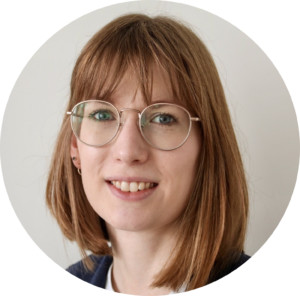
Maren Hülsmann
Maren Hülsmann is a PhD student at the Bundeswehr University in Munich. Her research focuses on the application of AI for use cases within spacecraft operations. She gained experience in the space field in her former role as Flight Dynamics Engineer at the German Space Operations Center at DLR and during her studies at the University of Bremen while working at the DLR_School_Lab Bremen and participating in the REXUS/BEXUS programme.
At SGAC she is currently serving as National Point of Contact for Germany since February 2022. Before this she was the Space Safety and Sustainability Project Group Co-Lead and the Event Manager of the first edition of the SG[Germany] in 2020 which ultimately took place virtually in 2021 due to the COVID 19 pandemic.
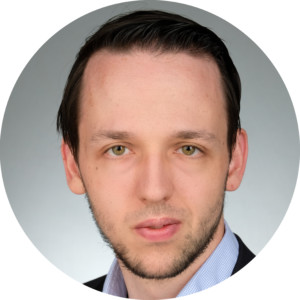
Niklas Wendel
Niklas Wendel received his Master of Science degree in aeronautical engineering from the Aachen University of Applied Sciences.
Right now he is working at the German Aerospace Centers department for super- and hypersonic technologies, where he is focused on the development of instrumentation and electronics. Within these activities he is pursuing a PhD in aeronautical engineering, investigating the dynamic stability behavior of reentry vehicles. Among other projects he also develops flight hardware in support of NASA’s Dragonfly mission. One of his research interests covers the scalable removal of space debris through combining small sat technology and passive deorbiting. For developments within this area, he did receive awards from INNOspace Masters and the Falling Walls Labs.
Within SGAC, he is currently serving as one of two National Points of Contact (NPoC) for Germany.


